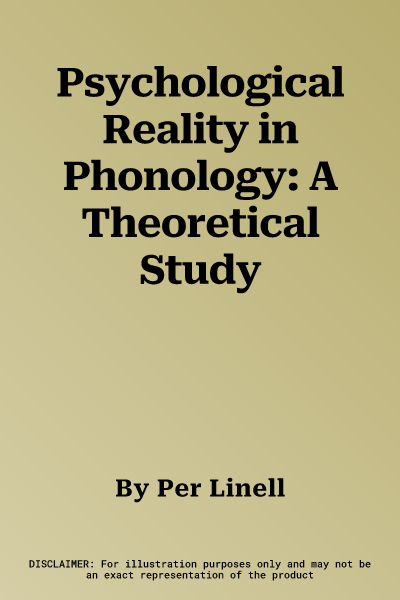Per Linell
(Author)Psychological Reality in Phonology: A Theoretical StudyHardcover, 30 November 1979

Temporarily out of stock
Free Delivery
Cash on Delivery
15 Days
Free Returns
Secure Checkout

Part of Series
Cambridge Studies in Linguistics
Part of Series
Cambridge Studies in Linguistics (Hardcover)
Part of Series
Urbanization in Developing Countries
Print Length
311 pages
Language
English
Publisher
Cambridge University Press
Date Published
30 Nov 1979
ISBN-10
0521222346
ISBN-13
9780521222341
Description
Product Details
Author:
Book Format:
Hardcover
Date Published:
30 November 1979
ISBN-10:
0521222346
ISBN-13:
9780521222341
Language:
English
Location:
Cambridge
Pages:
311
Publisher: